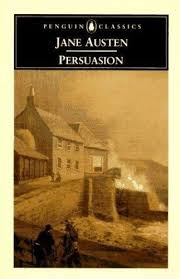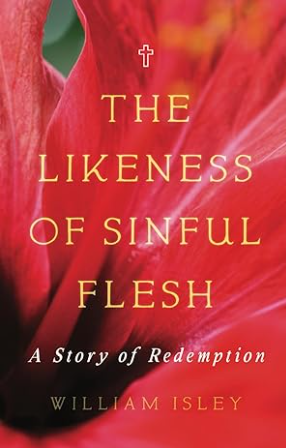Persuasion is the last novel completed by Jane Austen and was published posthumously. Its main character, Anne Elliot, is twenty-seven years old, the oldest of Austen’s chief female protagonists. She also seems to be the most mature, although of the sadder but wiser type. The story centers on her relationship with Captain Frederick Wentworth, to whom she was engaged but then was persuaded to break off the engagement because his low social status and lack of wealth made him a poor match.
Anne’s and Wentworth’s relationship provides the essential tension in the plot and allows Austen to explore the issue of the social implications of persuasion. Obviously, there can be good and bad persuasion, but even well-intentioned persuasion such as that of Lady Russell who is something of a surrogate mother to Anne, can be misguided. The problem with persuasion is that it may represent cultural or societal values that should be questioned.
This potential flaw in persuasion leads to Austen’s questioning of the value her culture placed upon wealth and status and how it not only negatively affected the opportunity of women of her class opportunity to find economic security and social position in society through marriage—a theme more prominent in Pride and Prejudice and Sense and Sensibility—but also undercut a fulfilling marital relationship between two people that are romantically attracted to one another. Persuasion has some of Austen’s most devastating satire in her portrayal of the foolish and vain Sir Walter Elliot and Elizabeth Elliot, Anne’s father and sister respectively. She also positively describes naval figures such as Wentworth and Admiral Croft. Since both are self-made men, it would seem that Austen is advocating for a society based more upon merit than rank.
W. Harding, in his illuminating introduction, uses the story of Persuasion to reflect upon the relationship between the individual and society. He also interestingly claims that the story represents a kind of Cinderella plot.
Of course, recommending a Jane Austen novel is something of a no-brainer, but Persuasion is often overlooked and, I believe, superior to the better-known Sense and Sensibility and might help correct the tendency of young female readers to treat Pride and Prejudice as a kind of high-class young adult romance novel and help them see the depth of Jane Austen’s fictional presentation of issues such as love and marriage and of the relationship and tension between the individual and society.


